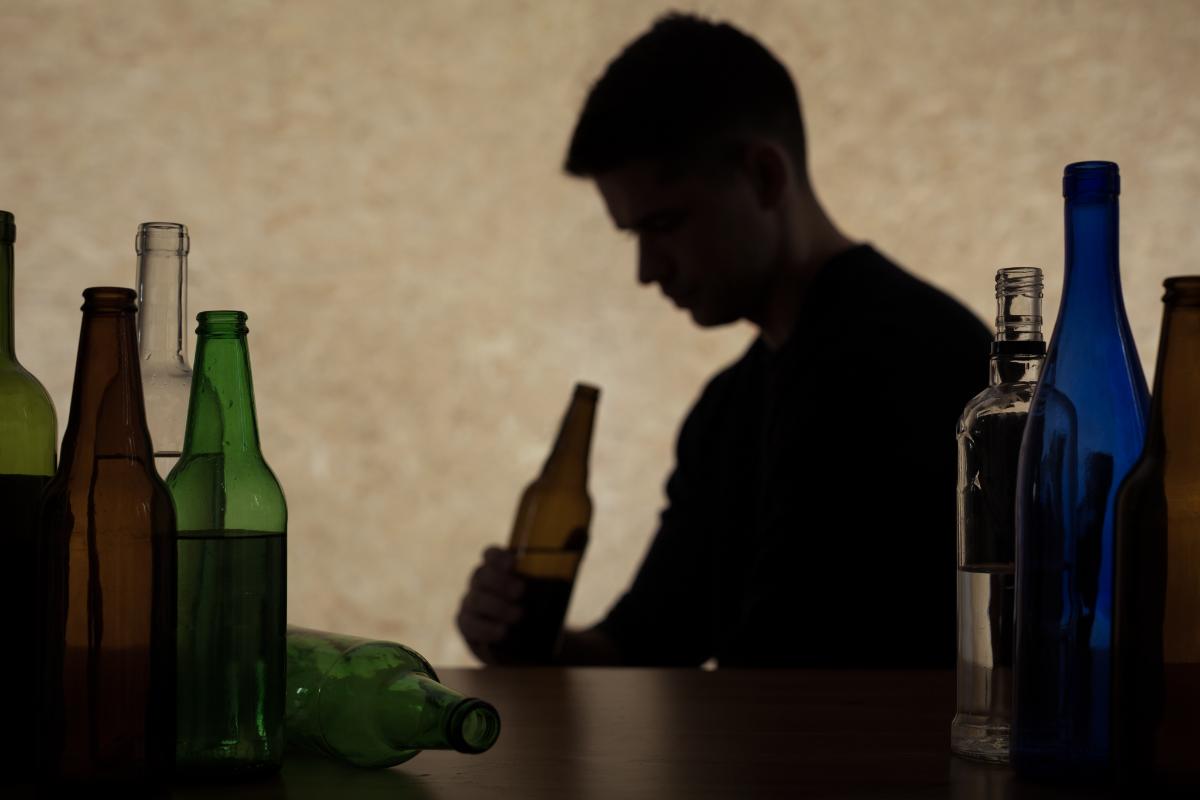
Alcoholism can impact people at any time. And while teen alcohol abuse has gone down over the past few years, it remains the most abused drug among teens and young adults. Learning to recognize the signs of teen alcoholism is critical for parents, guardians, adults, and teens themselves to avoid the damage addiction inflicts on so many lives.
Call Georgia Addiction Treatment Center at [Direct] to find out how our alcohol addiction treatment program can support you or a teen you love in finding help.
Physical Signs of Teen Alcohol Addiction
Signs of teen alcohol abuse can be physical, mental, emotional, and behavioral. Why a teen chooses to abuse alcohol in the first place is due to a variety of factors. Common influences are genetics, trauma, and mental health disorders like anxiety and depression. Alcohol is often used to self-medicate in response to negative emotions and mental health troubles.
Whatever its cause, the sooner an alcohol addiction is recognized, the sooner treatment and recovery can begin. The physical symptoms are generally the easiest to spot. Things to look for in this regard are:
- The smell of alcohol on a teen’s breath or clothes
- Bloodshot eyes that can’t be explained by just lack of sleep
- Slurred speech
- Poor hygiene
- Constant fatigue
- Poor concentration
Behavioral and Emotional Signs of Teen Alcoholism
The teen years are a period of incredible physical, emotional, and mental development. This is often accompanied by moodiness, rebellion, growing independence, and other behavioral departures that seem distinct from the pre-teen years. It is important not to jump to conclusions about whether or not a teen’s behavior results from addiction. Still, some clear behavioral and emotional signs exist that point to teen alcoholism as the root.
Mood Swings
Alcoholism directly impacts teens’ mood and emotional regulation. Alcohol abuse thus shows up in mood swings that may seem disconnected from their life circumstances. Aggression one moment may give way to agreeableness the next, all influenced by alcohol. Perhaps most troublingly, alcohol addiction directly interferes with brain development in the teen years in ways that can derail their future ability to control emotions.
Academics and Peer Relationships
Alcoholism among teens negatively impacts school performance, participation in extracurriculars, and healthy relationships with friends. This disruption will present itself in poor grades, failing to show up for sports practice, and declining interest in friendships that do not fuel the addiction.
Secrecy and Avoidance
It is natural for teens to want more independence and privacy in high school and college. Their autonomy is not intrinsically the problem. Secrecy, lying, and avoidance are not natural outcomes of developing autonomy. Instead, they may point to alcohol addiction. Spending less time with parents or younger siblings is normal to an extent. But parents should remain attentive to what pursuits additional time is being used for.
Alcohol Addiction Treatment for Teens
Identifying and addressing root causes is paramount to teen alcohol addiction treatment. Oftentimes, alcoholism in teens stems from a mental health disorder. This makes teens prime candidates for dual diagnosis treatment that comprehensively looks at combating addiction and mental health disorders simultaneously.
Teens can also benefit most from residential or inpatient treatment. A new, sober setting can disrupt the negative cycle of their addiction and offer a healthy environment to foster recovery. One aspect of treatment that is emphasized more with teens is family therapy. That’s because multiple studies have proven the efficacy of family involvement in long-term outcomes.
Other therapies commonly used in alcohol addiction programs for teens include cognitive-behavioral therapy, motivational interviewing, 12-Step meetings, and even more specialized therapies like art and music therapy.
Call Georgia Addiction Treatment Center at [Direct] to connect a teen with the help and support they need to overcome addiction.




